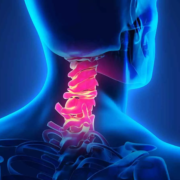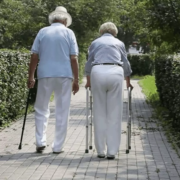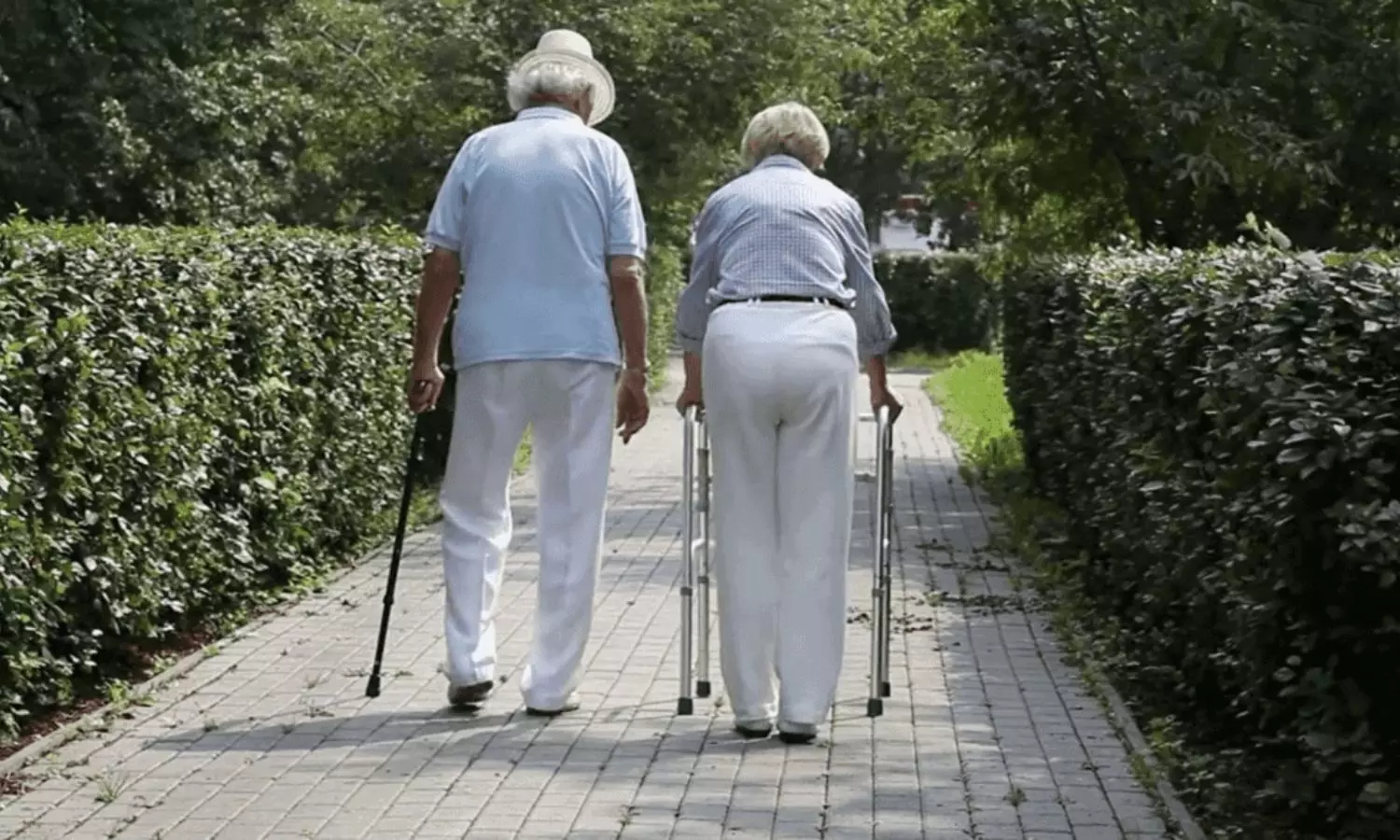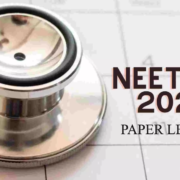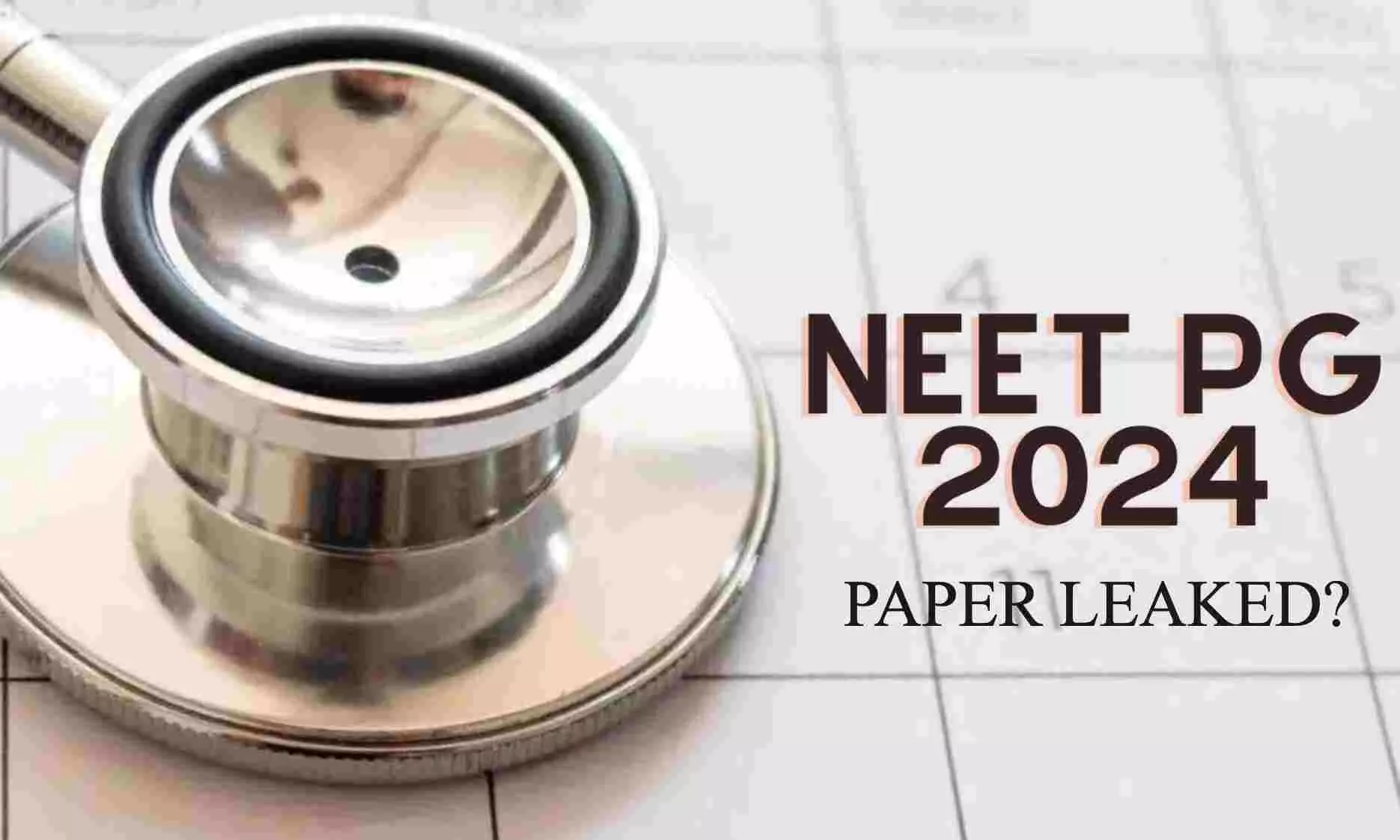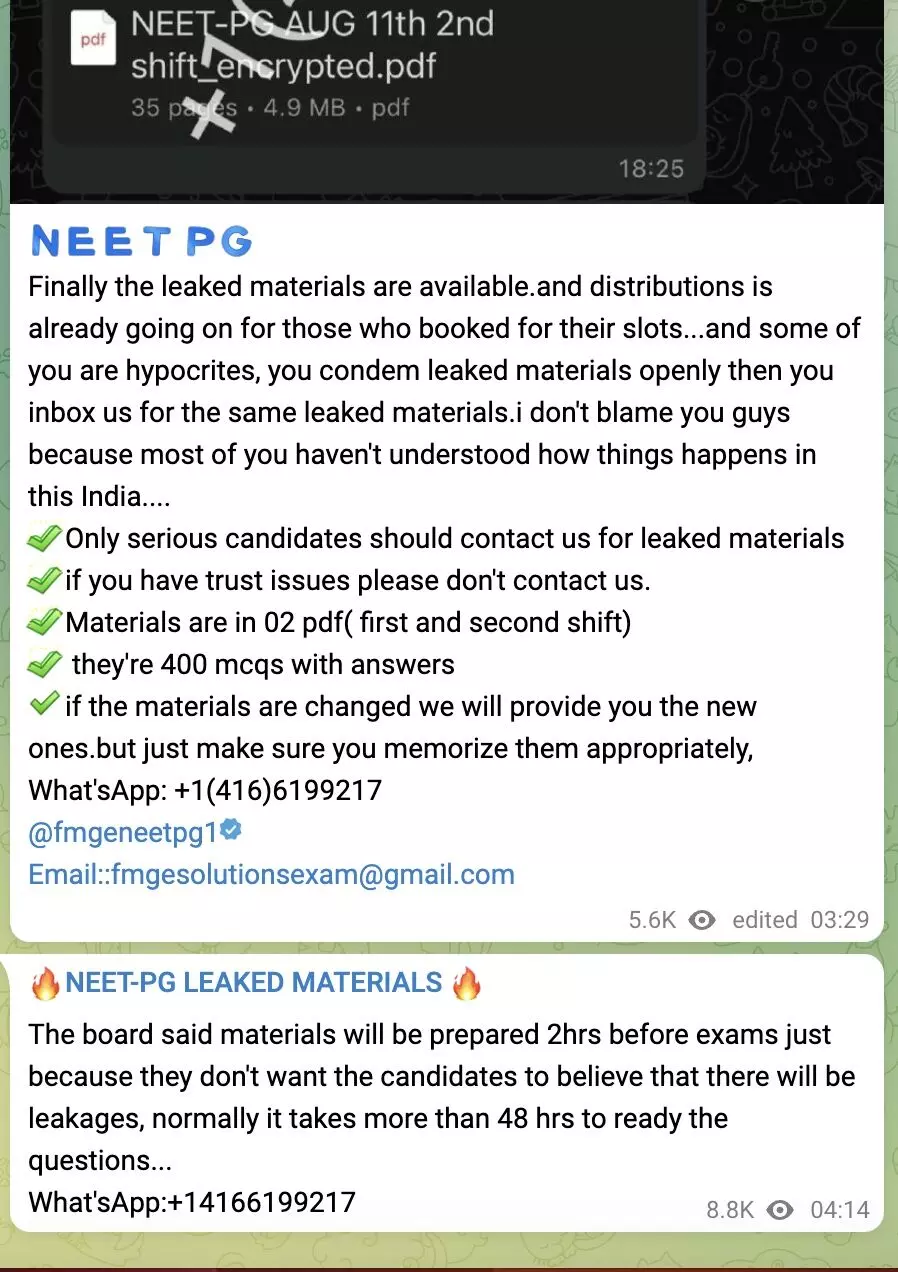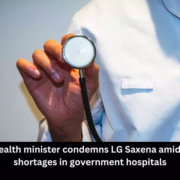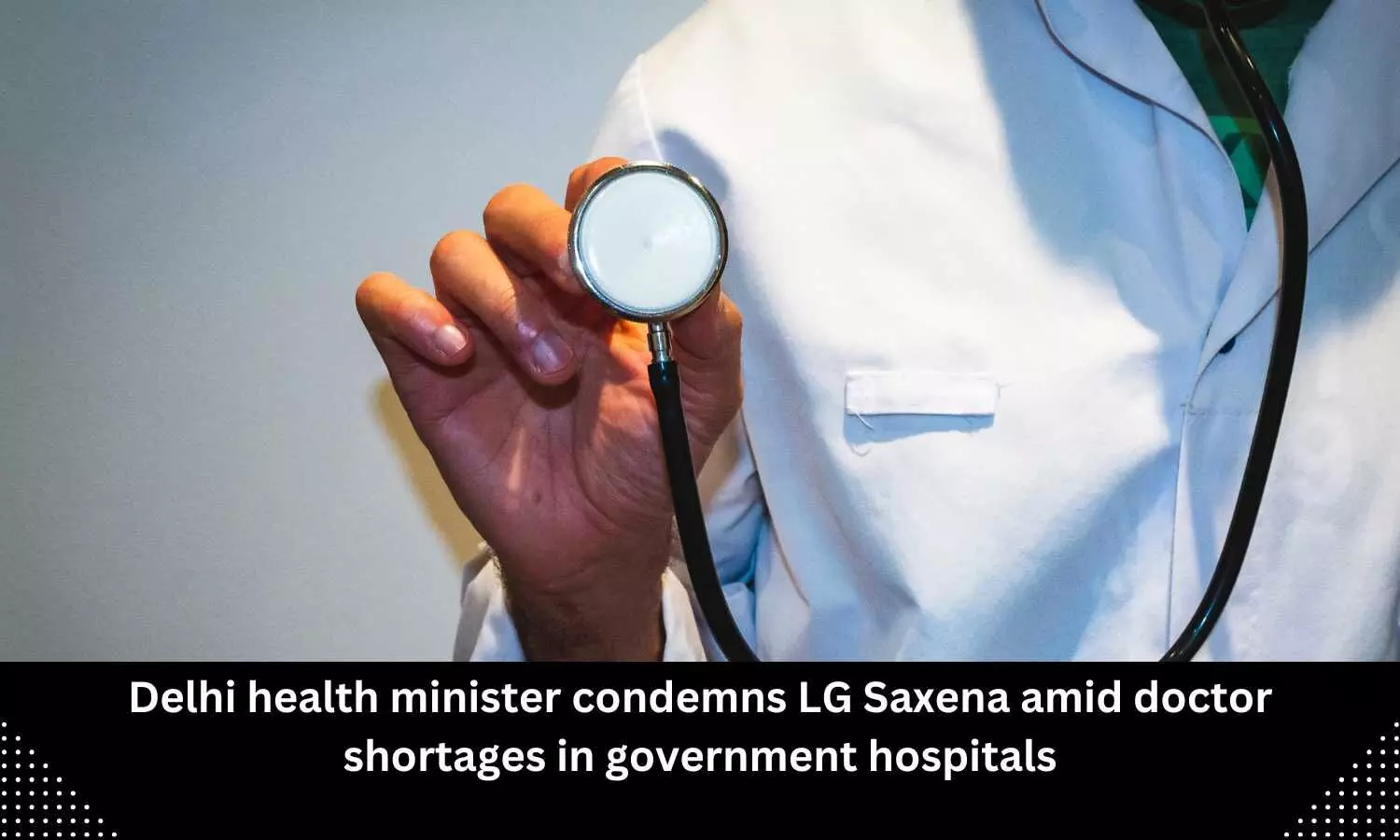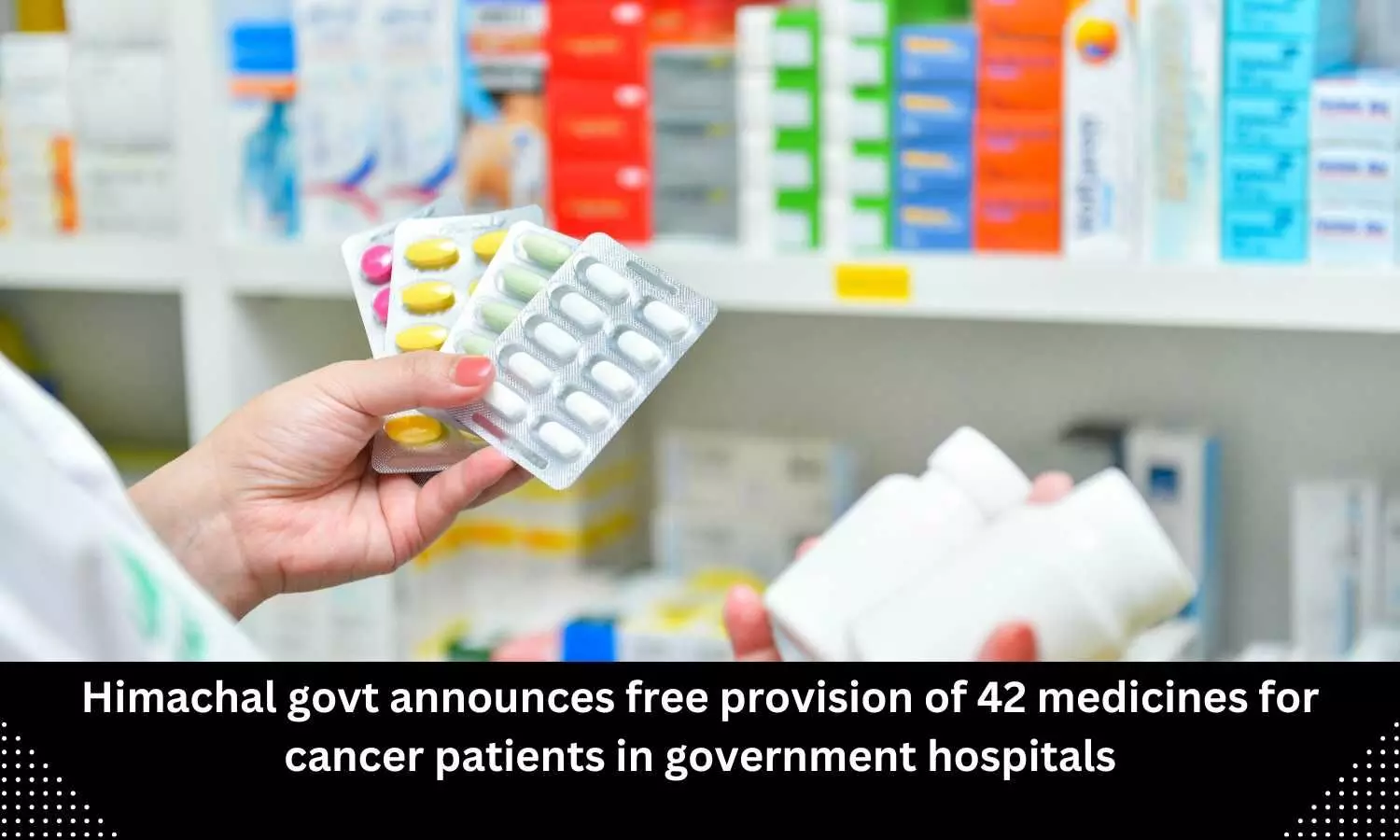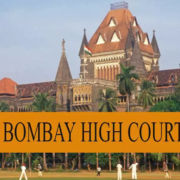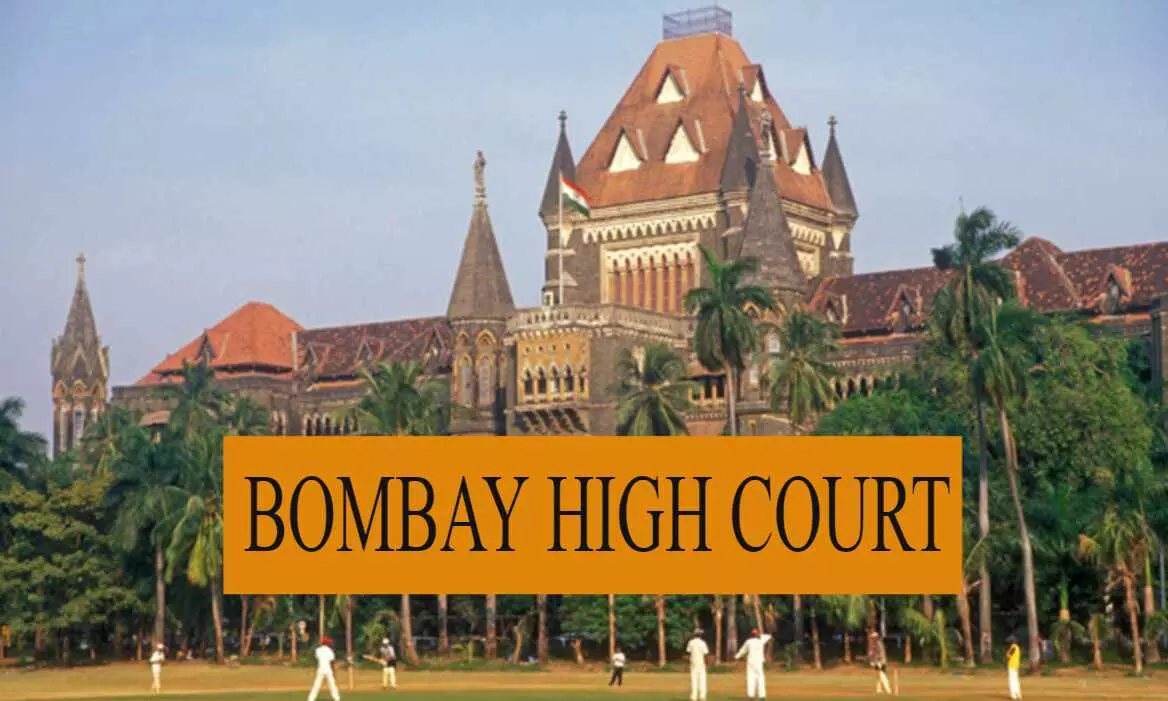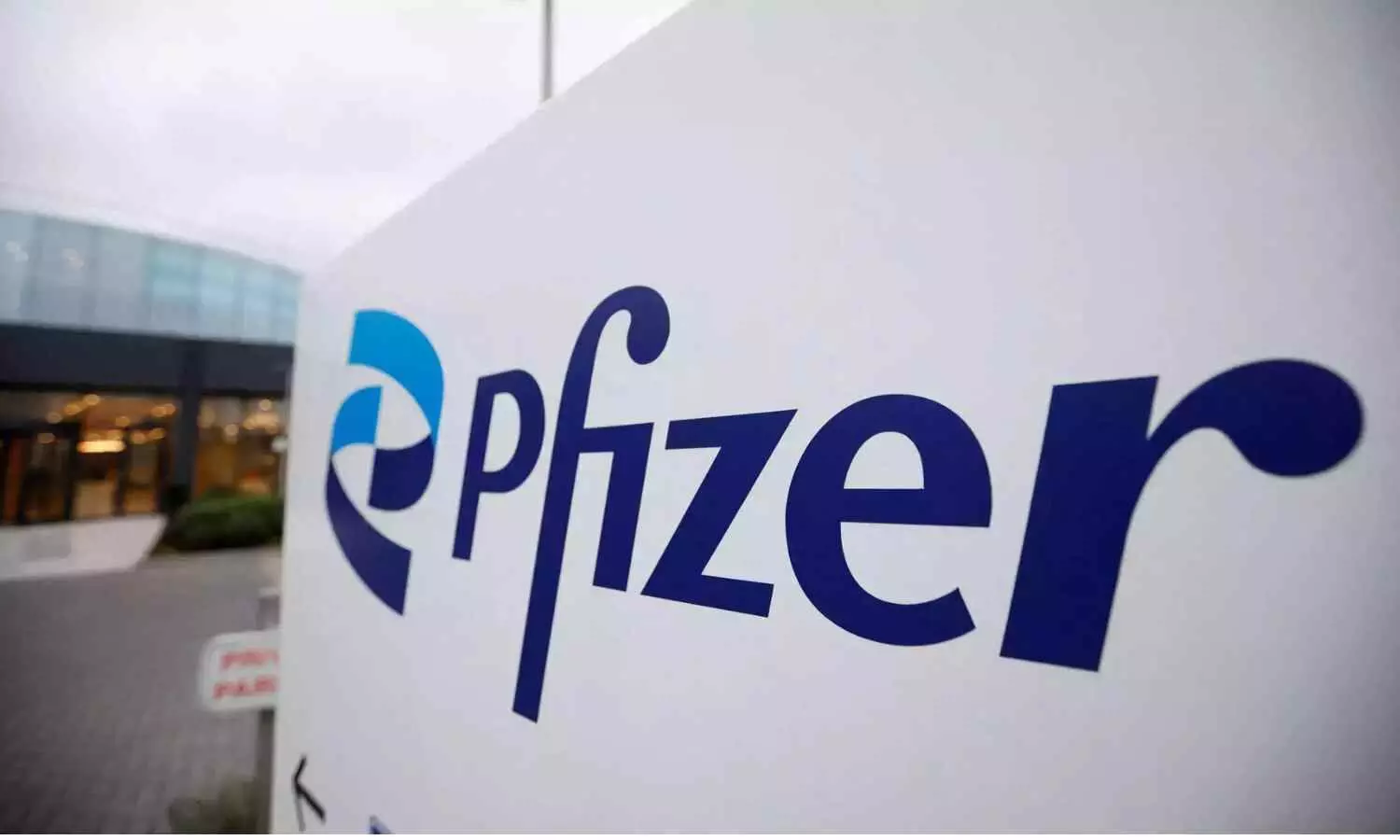Posterior surgery noninferior to anterior surgery for cervical radiculopathy, reveals study
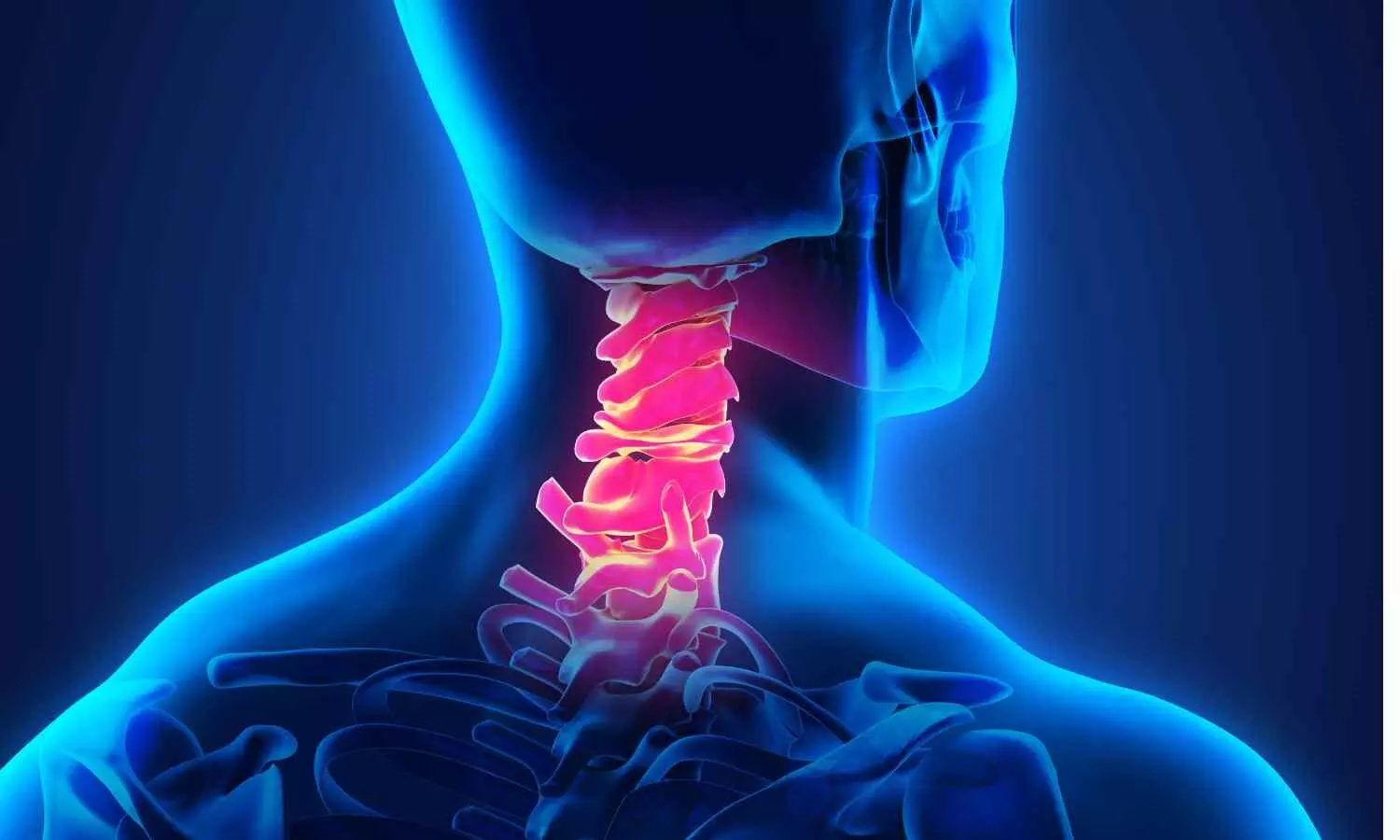
For patients with cervical radiculopathy, posterior foraminotomy provides outcomes comparable to those of the more commonly performed anterior cervical discectomy, reports a randomized clinical trial in The Journal of Bone & Joint Surgery. The journal is published in the Lippincott portfolio by Wolters Kluwer.
“[O]ur findings provide Level-I evidence that posterior surgery is noninferior to anterior surgery with regard to the clinical outcome, with follow-up of two years,” according to the new research by Nádia F. Simões de Souza, MD, and Anne E. H. Broekema, MD, PhD, of University Medical Center Groningen, the Netherlands, and colleagues.
Updated FACET report provides two-year follow-up data
Patients with cervical radiculopathy have pain, sensory, and/or motor deficits caused by spinal degenerative nerve root compression. The main options for surgical treatment are anterior cervical discectomy with fusion (ACDF) and posterior cervical foraminotomy. Because it occurs mainly in middle-aged to older adults – often in their working years – the incidence of cervical radiculopathy is expected to increase with the aging of the population.
Given the limited available evidence, there is ongoing debate regarding the choice between these two procedures. Previous results from the randomized Foraminotomy ACDF Cost-Effectiveness Trial (FACET) reported that posterior surgery was noninferior to anterior surgery at one-year follow-up. The new report extends the FACET findings to two years’ follow-up.
The researchers analyzed primary outcome data for 236 patients with single-level cervical radiculopathy who were assigned to posterior foraminotomy or ACDF at nine Dutch hospitals. The main outcomes of interest were the surgical success ratio, based on Odom criteria (symptom improvement and ability to perform daily activities), and decrease in arm pain.
On extended follow-up, the outcomes of the two approaches remained similar. Two-year surgical success rate was 81% in patients assigned to posterior surgery and 74% to anterior surgery: the difference was within the specified noninferiority margin of 10 percentage points. The two groups also had similar reductions in arm pain, with a difference of three percentage points.
Choice of anterior or posterior surgery should be included in patient counseling
The procedures yielded similar improvement in secondary outcomes, including neck pain, disability, work ability, and quality of life, and treatment satisfaction. For most outcomes, change scores reached prespecified thresholds for clinically relevant improvement.
The two groups had similar rates of serious surgery-related adverse events (eight percent in the posterior and nine percent in the anterior group) including revision surgery.
The “demonstrated noninferiority” of posterior compared with anterior surgery is consistent with the findings of previous retrospective studies. Rates of recurrent symptoms and revision surgery were slightly higher after posterior surgery, although the trial was not powered to draw firm conclusions based on these outcomes. Posterior surgery also has some potential advantages: it involves fewer vital structures, avoids the need for implants, and has lower costs.
Drs. Simões de Souza and Broekema believe their findings have implications for discussions of treatment options for cervical radiculopathy. “As both procedures have similar clinical outcome profiles, the emphasis in patient counseling should be on the types of complications for each procedure, patient-specific factors, and potential sustainability,” the researchers conclude. “Both physician and patient should individually weigh the advantages and disadvantages of both procedures.”
Reference:
Simões de Souza, Nádia F. MD1,a,*; Broekema, Anne E.H. MD, PhD1,*; Reneman, Michiel F. PhD2; Koopmans, Jan MD, PhD3; van Santbrink, Henk MD, PhD4,5,6; Arts, Mark P. MD, PhD7; Burhani, Bachtiar MD, PhD8; Bartels, Ronald H.M.A. MD, PhD9; van der Gaag, Niels A. MD, PhD10,11,12; Verhagen, Martijn H.P. MD13; Tamási, Katalin PhD1,14; van Dijk, J. Marc C. MD, PhD1; Groen, Rob J.M. MD, PhD1; Soer, Remko PhD15,16; Kuijlen, Jos M.A. MD, PhD1; on behalf of the FACET investigators†. Posterior Cervical Foraminotomy Compared with Anterior Cervical Discectomy with Fusion for Cervical Radiculopathy: Two-Year Results of the FACET Randomized Noninferiority Study. The Journal of Bone and Joint Surgery ():10.2106/JBJS.23.00775, July 24, 2024. | DOI: 10.2106/JBJS.23.00775.
Powered by WPeMatico

